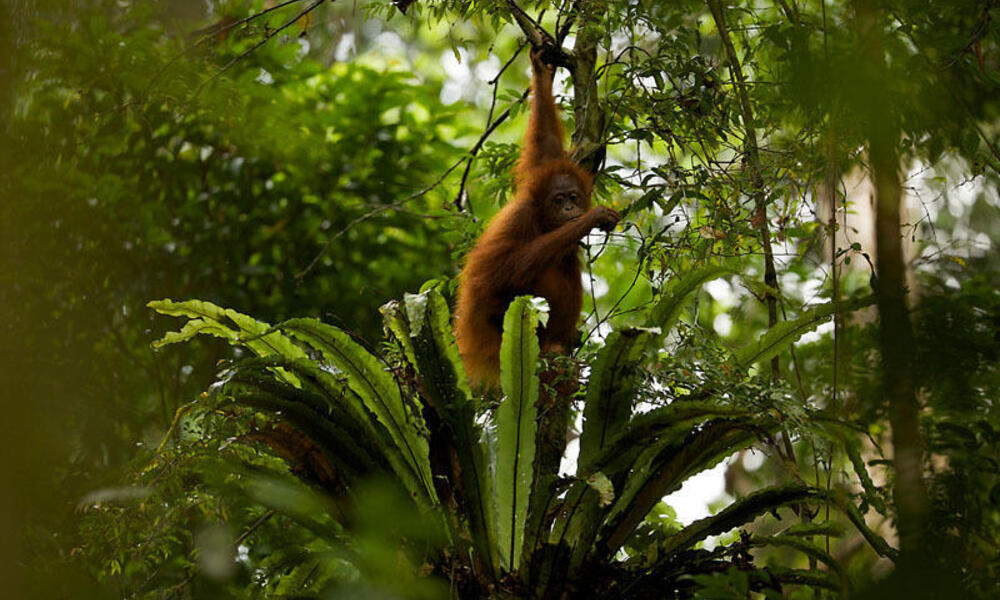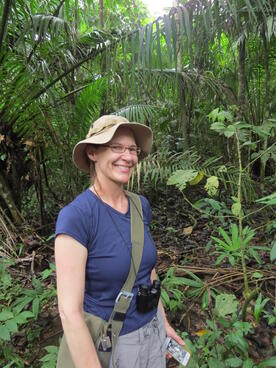Working with WWF’s Global Forest & Trade Network program, I have come to better understand the enormous pressures on Borneo’s forests, people, and wildlife. I also see the positive influence of international market demand for more responsible wood, paper, and palm oil products on forest management practices in Borneo.
One way WWF is working to reduce deforestation in the region is through promoting Forest Stewardship Council (FSC) certification of wood and paper products. FSC certification allows responsible harvesting in addition to protecting local community rights and wildlife habitat.
WWF also encourages responsible oil palm plantation development in Borneo on degraded lands through the Roundtable for Sustainable Palm Oil, and urges international companies to buy only sustainably certified palm oil.
Be a part of the solution
What I have learned at WWF—and one of the reasons I love my job—is that we are all connected. I’ve also learned that every person can be part of the solution by making purchasing decisions that support responsible forestry in one of the most amazing tropical rainforests and wildlife habitats on earth.
For some of these places, there’s limited time. This fact—and my memories of seeing those monkeys and elephants along the river, consigned to a narrow and dwindling home—motivates me to work hard at promoting responsible trade to protect forests and wildlife every day.
Learn more about responsible forestry.

